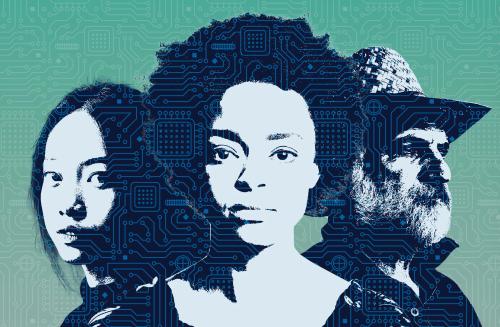

1:00 pm EDT - 2:00 pm EDT
Past Event
The COVID-19 lockdowns generated a tidal wave of displaced workers who applied for unemployment insurance (UI) in 2020. Constrained by low staff capacity and outdated systems, states struggled to get relief out to the right workers quickly and to implement the expanded UI programs in the CARES Act. The crisis laid bare numerous failures of the fragmented UI systems that form the backbone of our safety net for people who lose their jobs and of our labor market information systems more broadly.
Concurrently, the current state of labor and education data systems in the U.S. hampers our ability to understand labor market trends, increases vulnerability to data breaches, and creates a barrier for local job centers to access the data they need to customize their outreach to displaced workers—such as veterans or workers impacted by a mass layoff event like the public health lockdowns. As policymakers debate how to fix our UI systems, it is important to situate the conversation in the larger ecosystem of labor and education data that the UI data feed into, which suffers from many of the same root problems.
On Wednesday, July 28, the Brookings Metropolitan Policy Program hosted an event, marking the release of a report focused on the need for and approaches to a holistic redesign of the labor and education digital ecosystems. The report is guided by basic principles of continuous improvement, is grounded in user experience, and focuses on improving equity in access. Chike Aguh, the chief innovation officer at the U.S. Department of Labor, opened the program with keynote remarks, and a panel discussion with public and private sector workforce leaders followed.
Viewers submitted questions by emailing [email protected] or tweeting to @BrookingsMetro using the hashtag #DigitalTransformation.

Moderator

Panelist




Esther Lee Rosen, Eduardo Levy Yeyati
November 21, 2024

Nicol Turner Lee
August 8, 2024

Kristin F. Butcher, Elizabeth Kepner , Kelli Marquardt, Brianna Smith
June 24, 2024